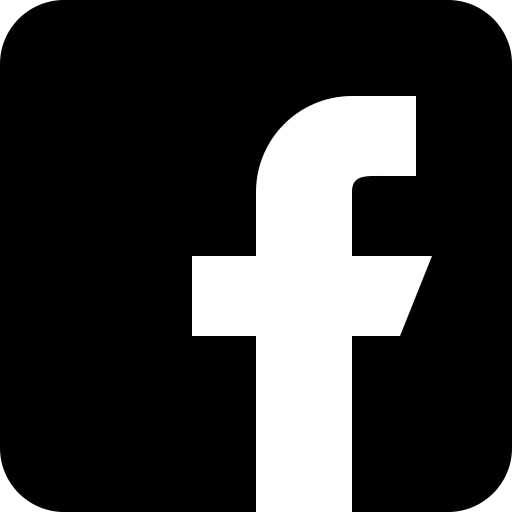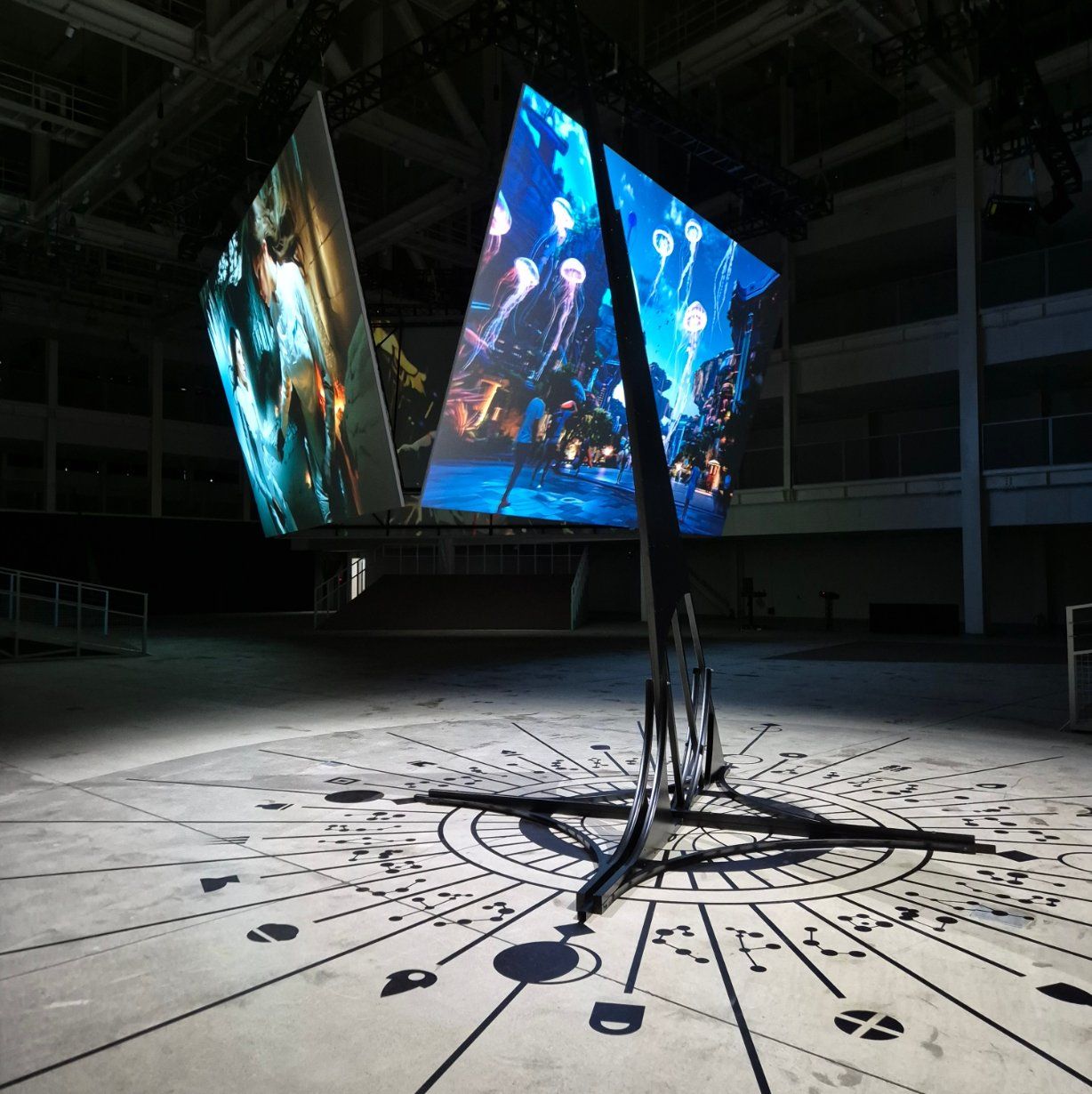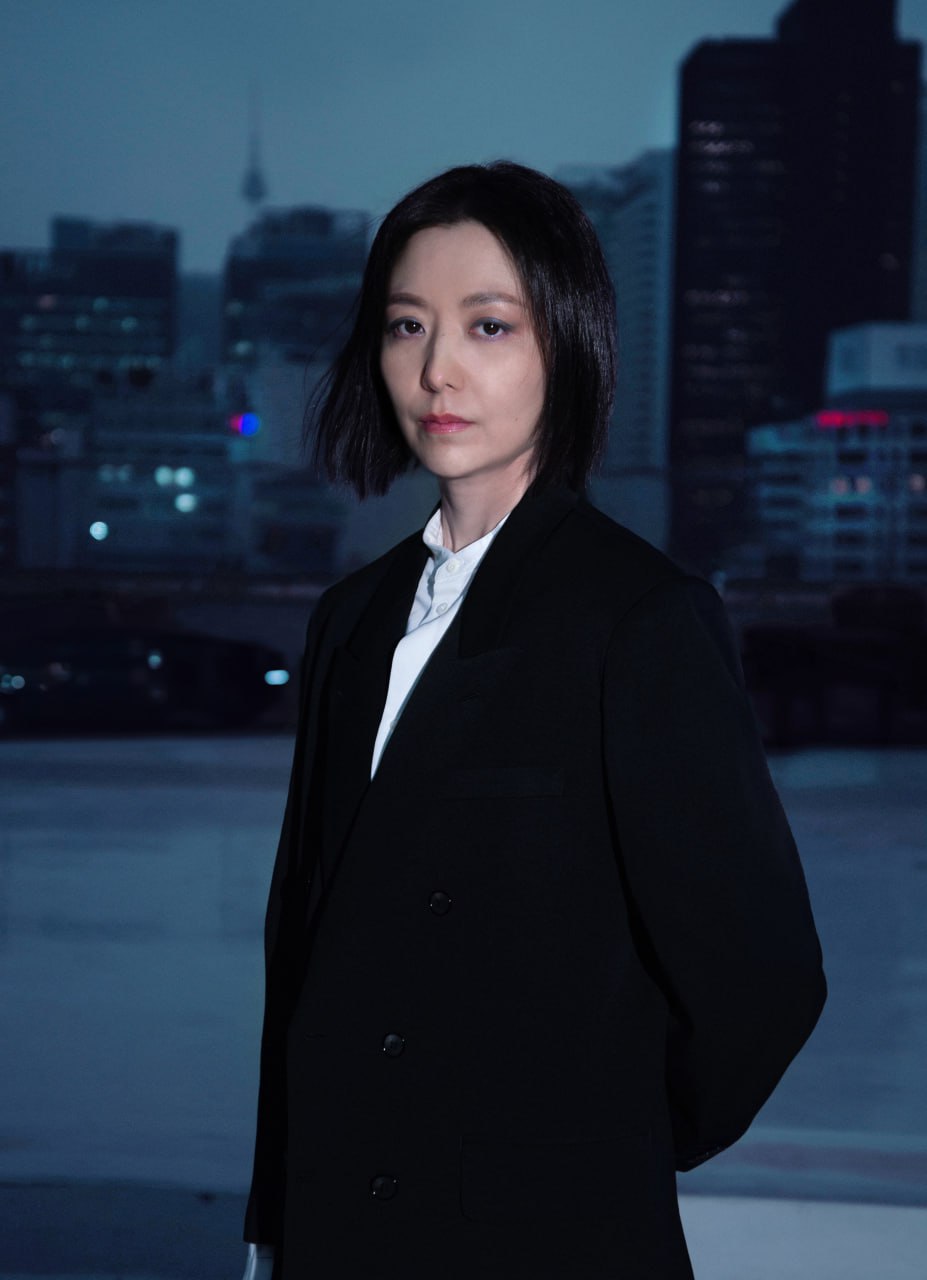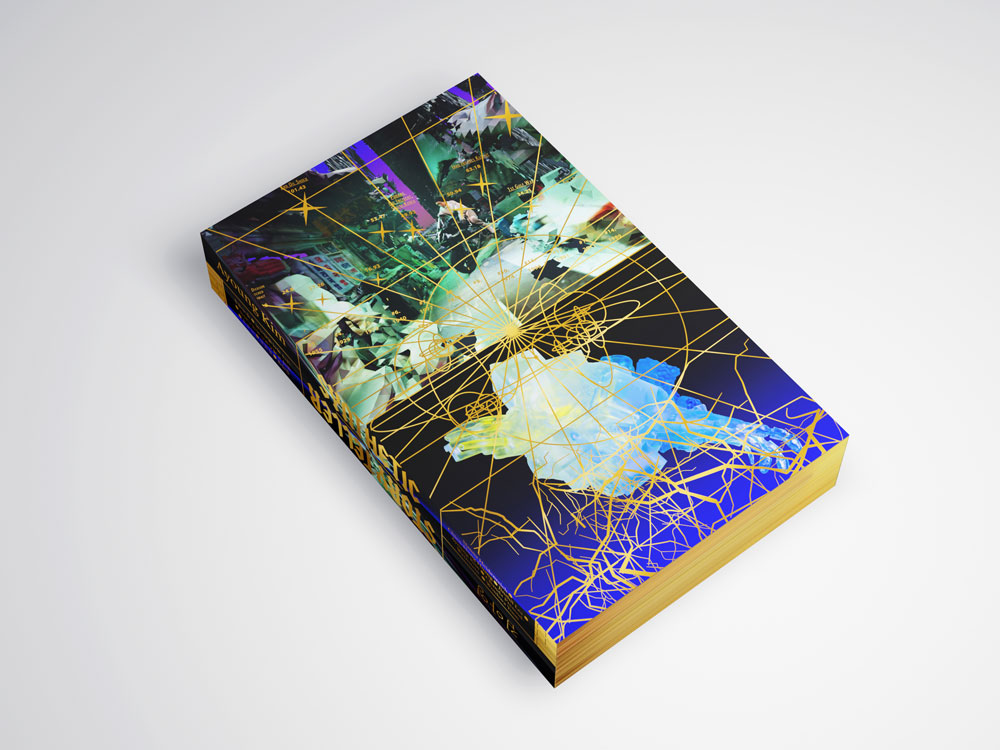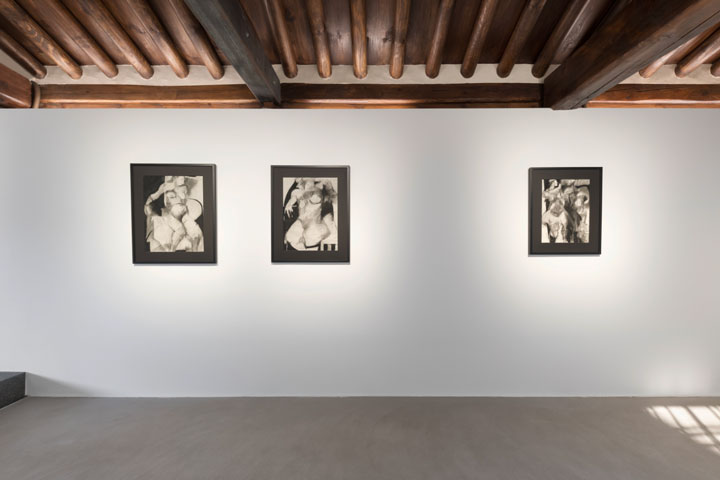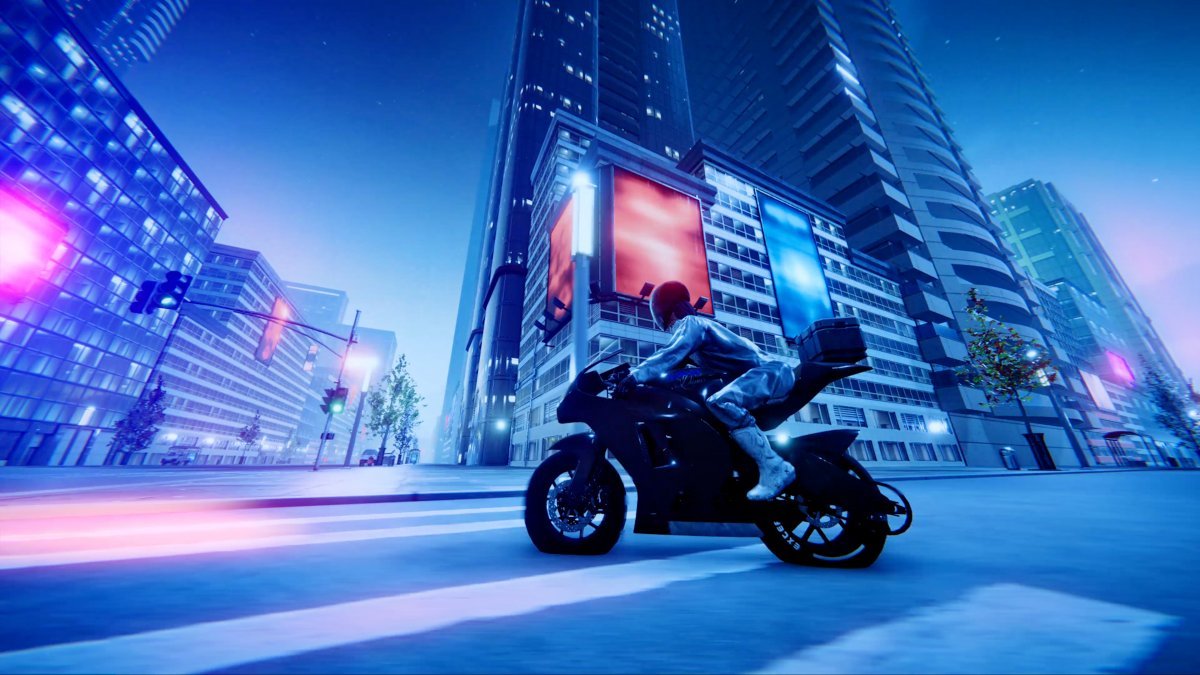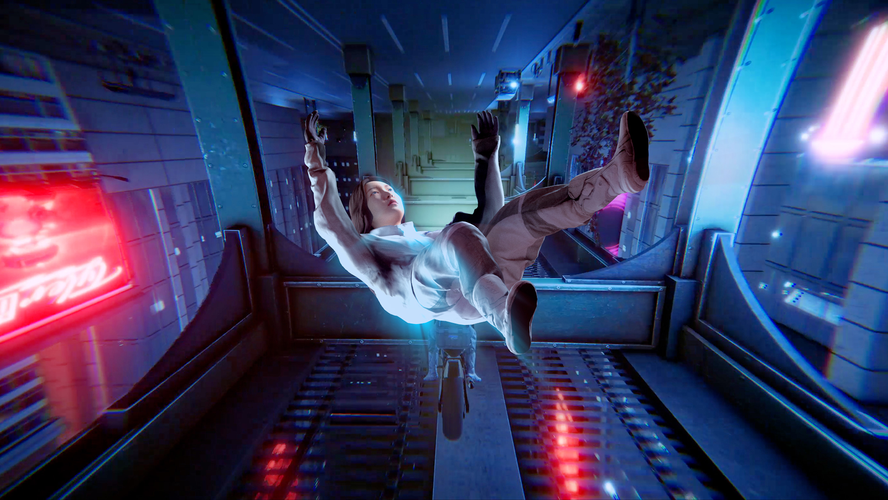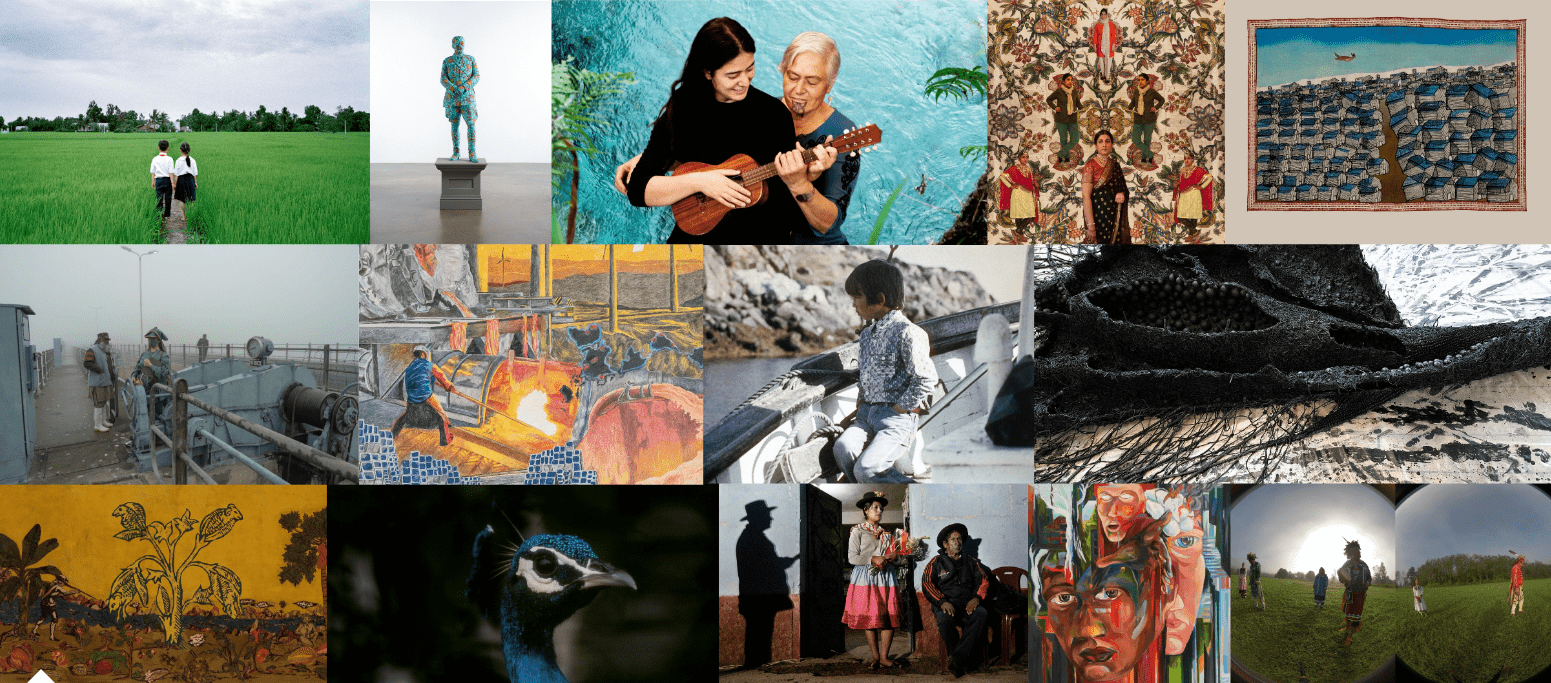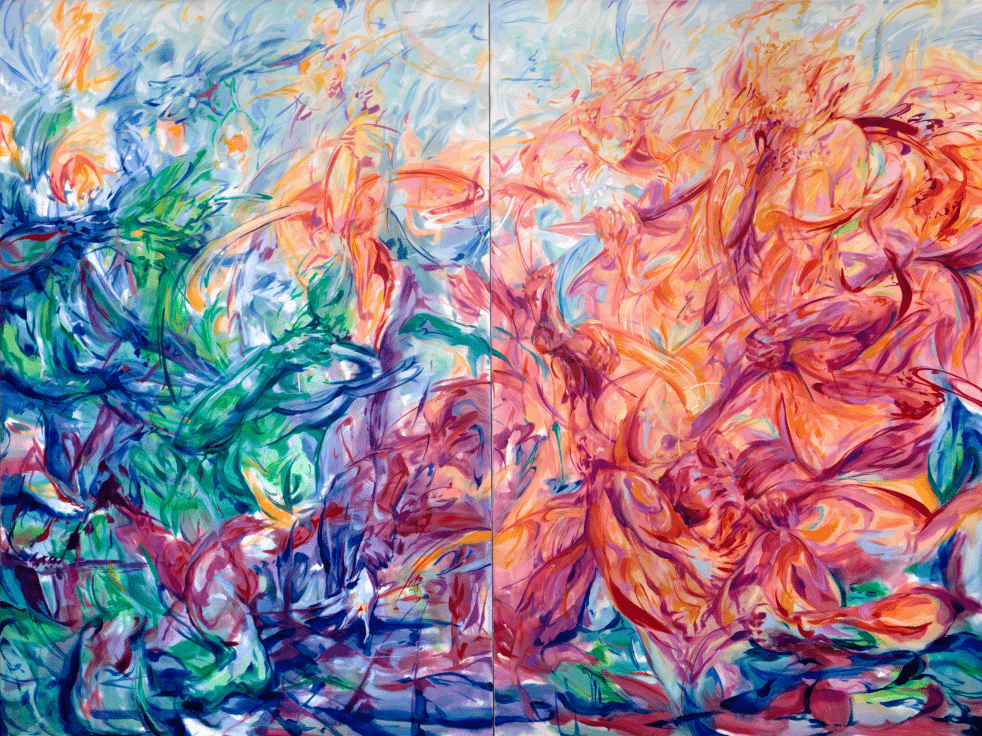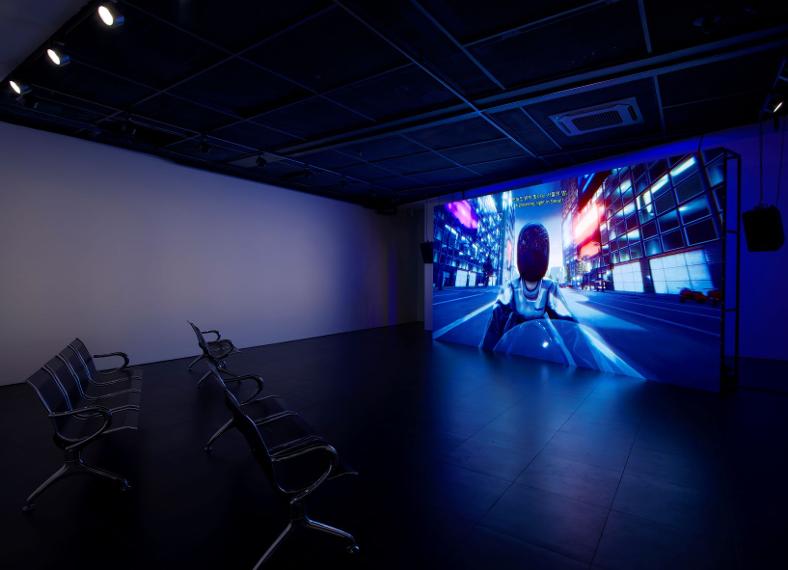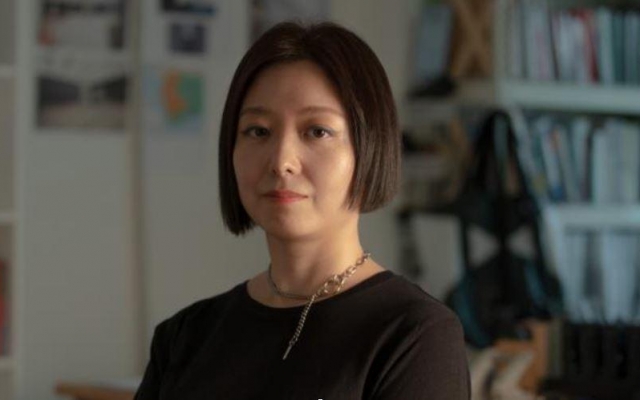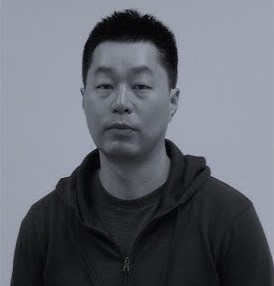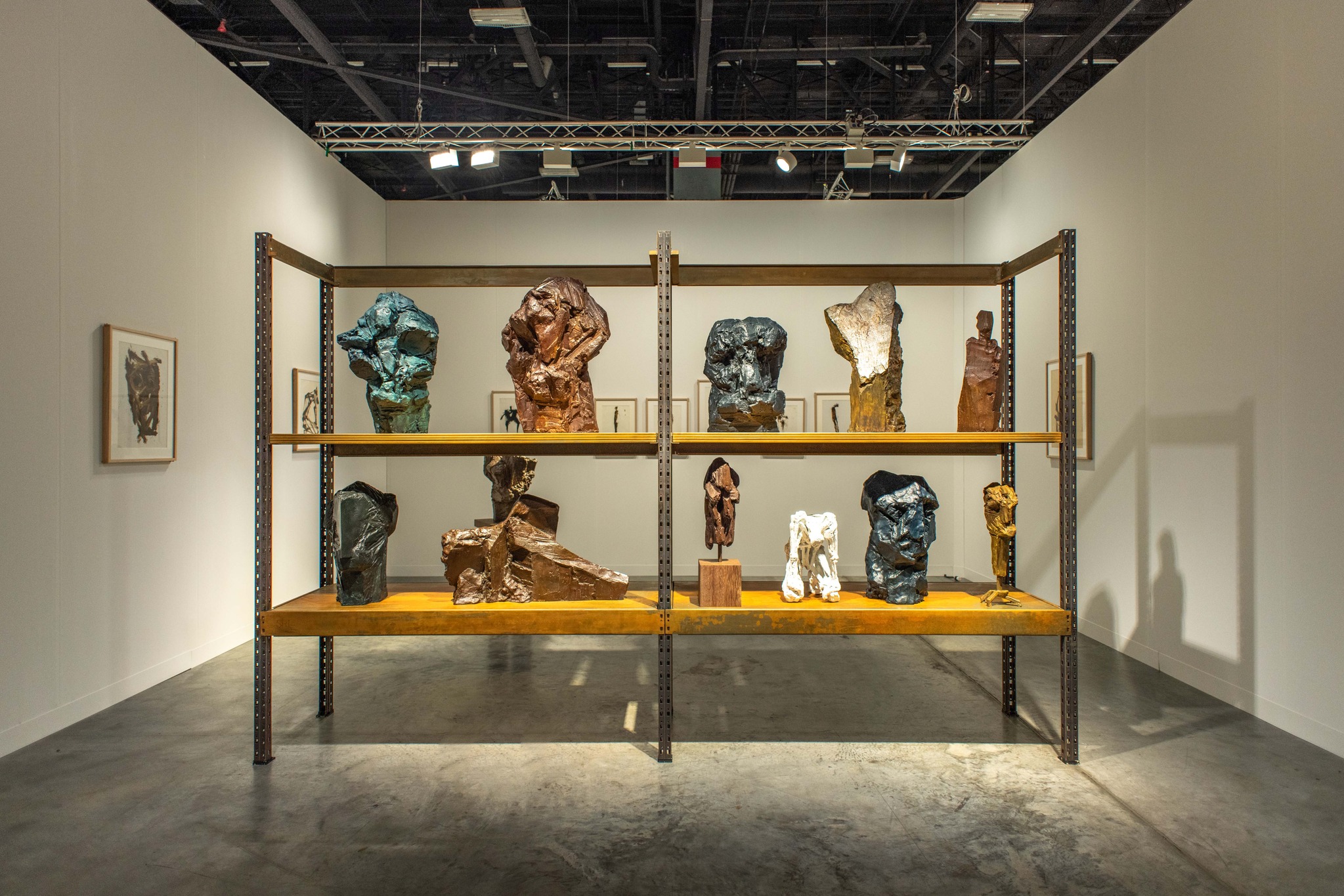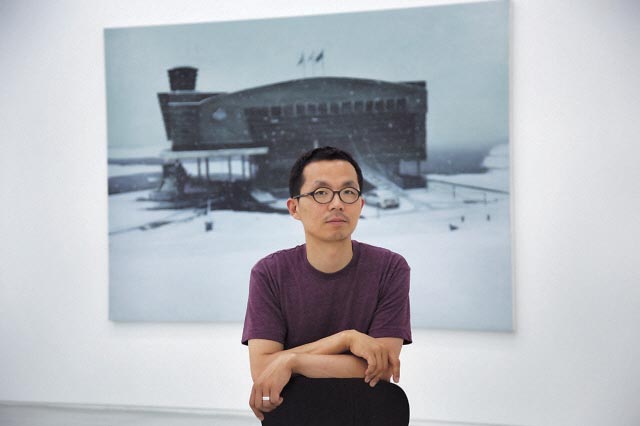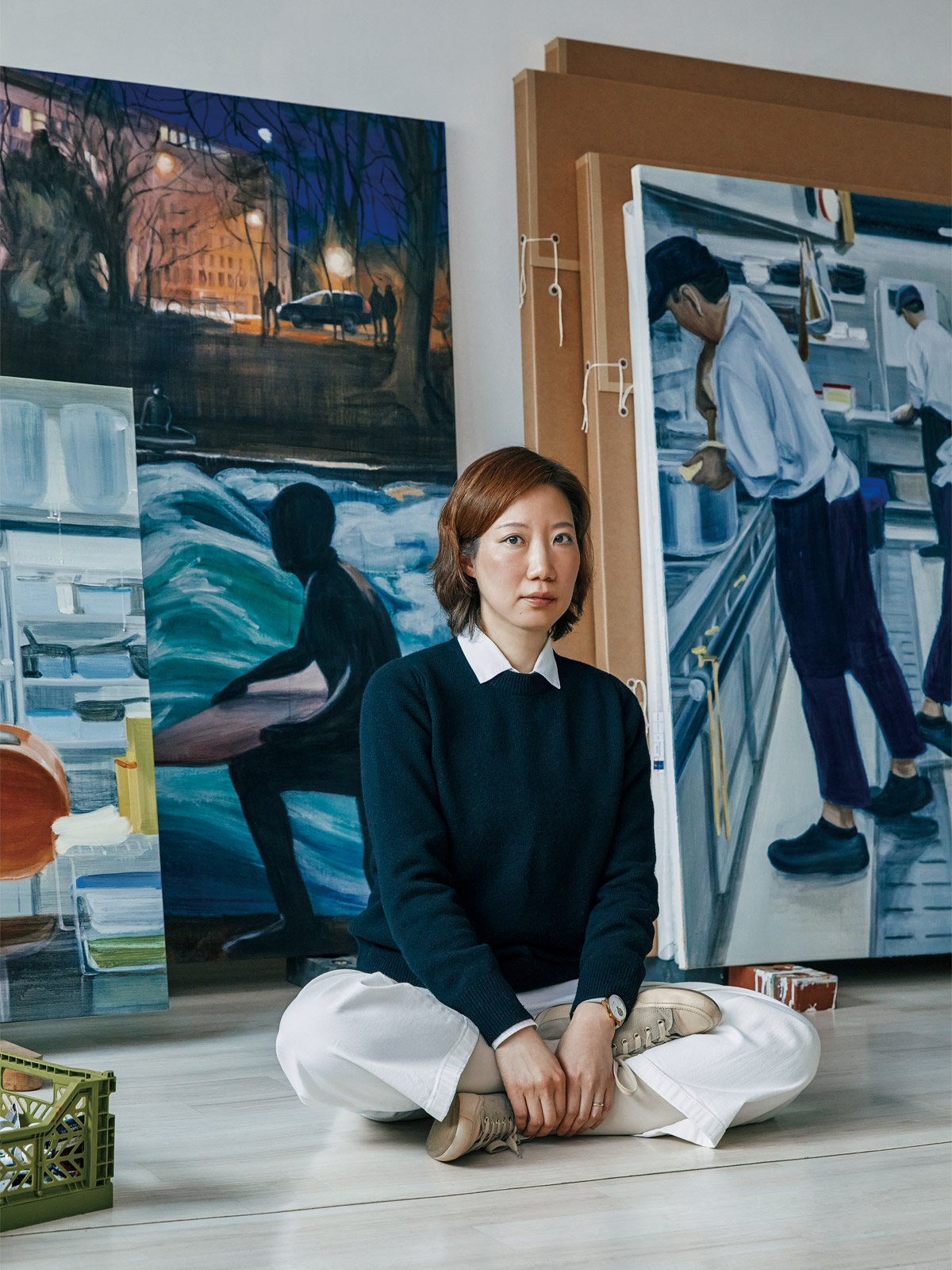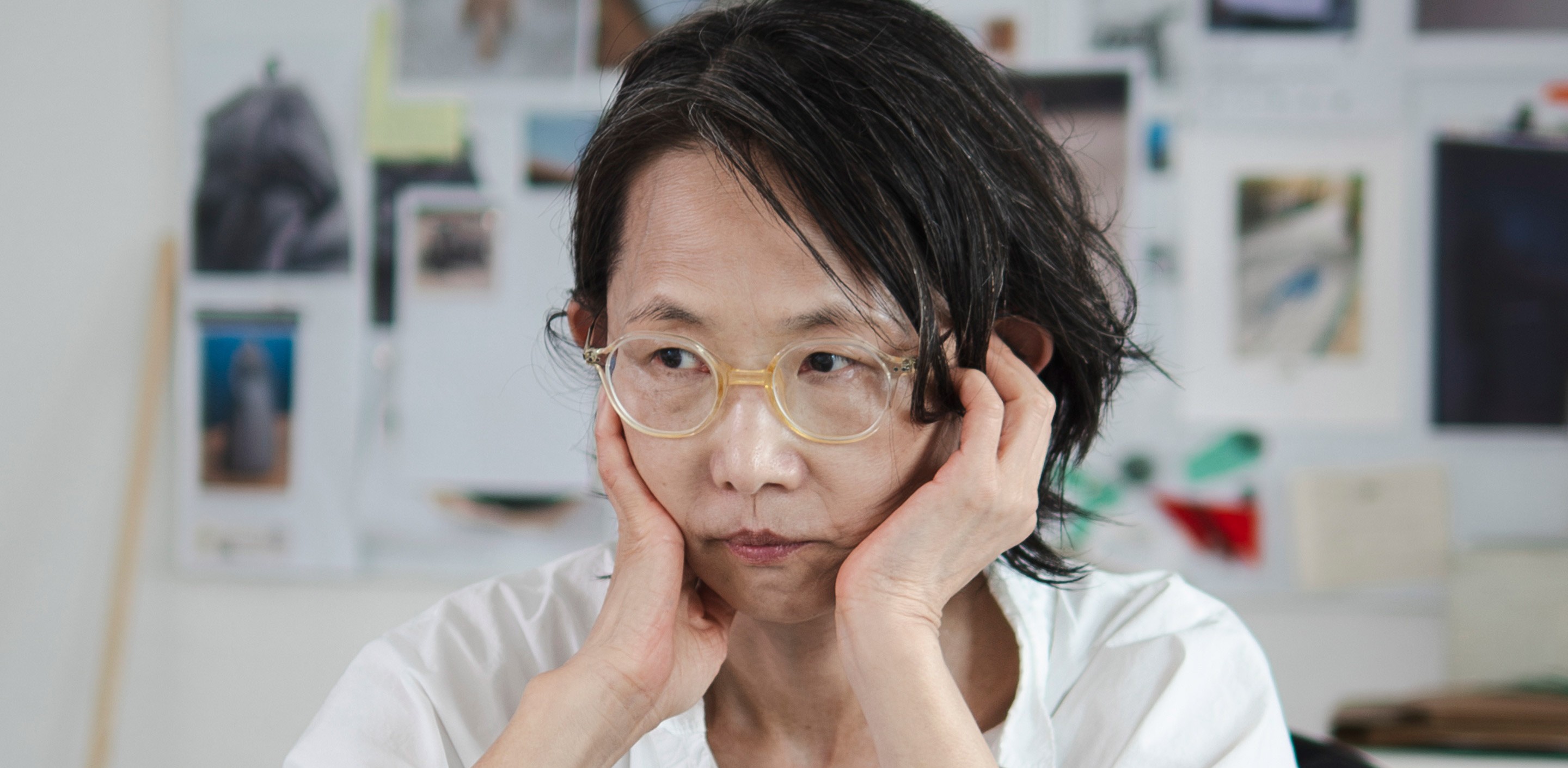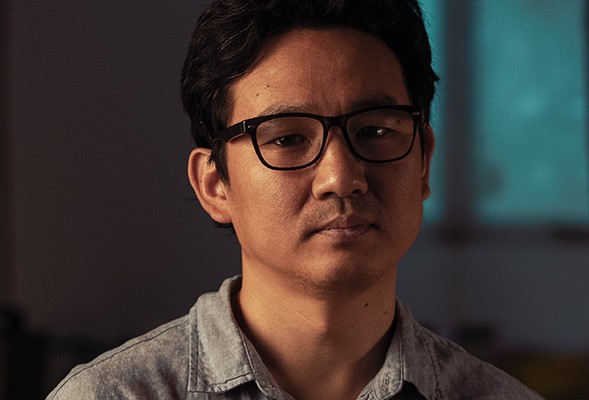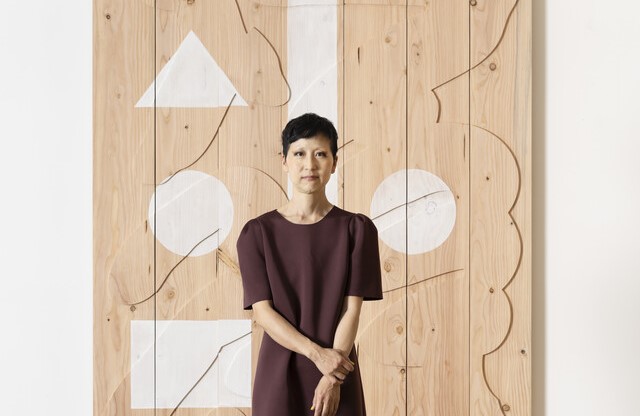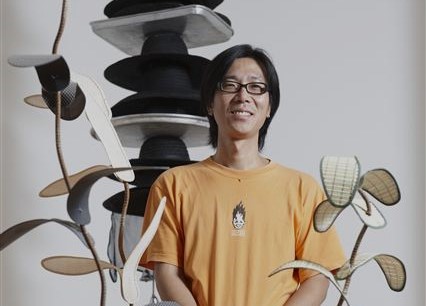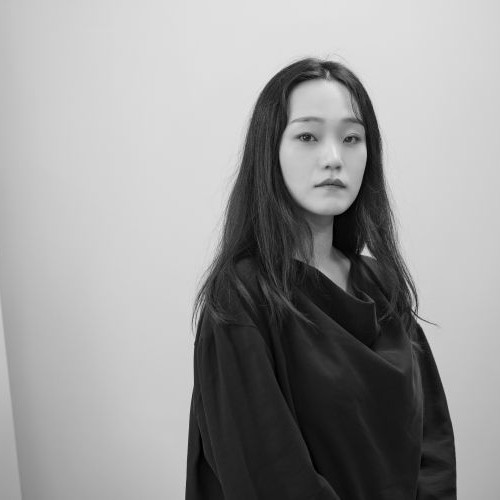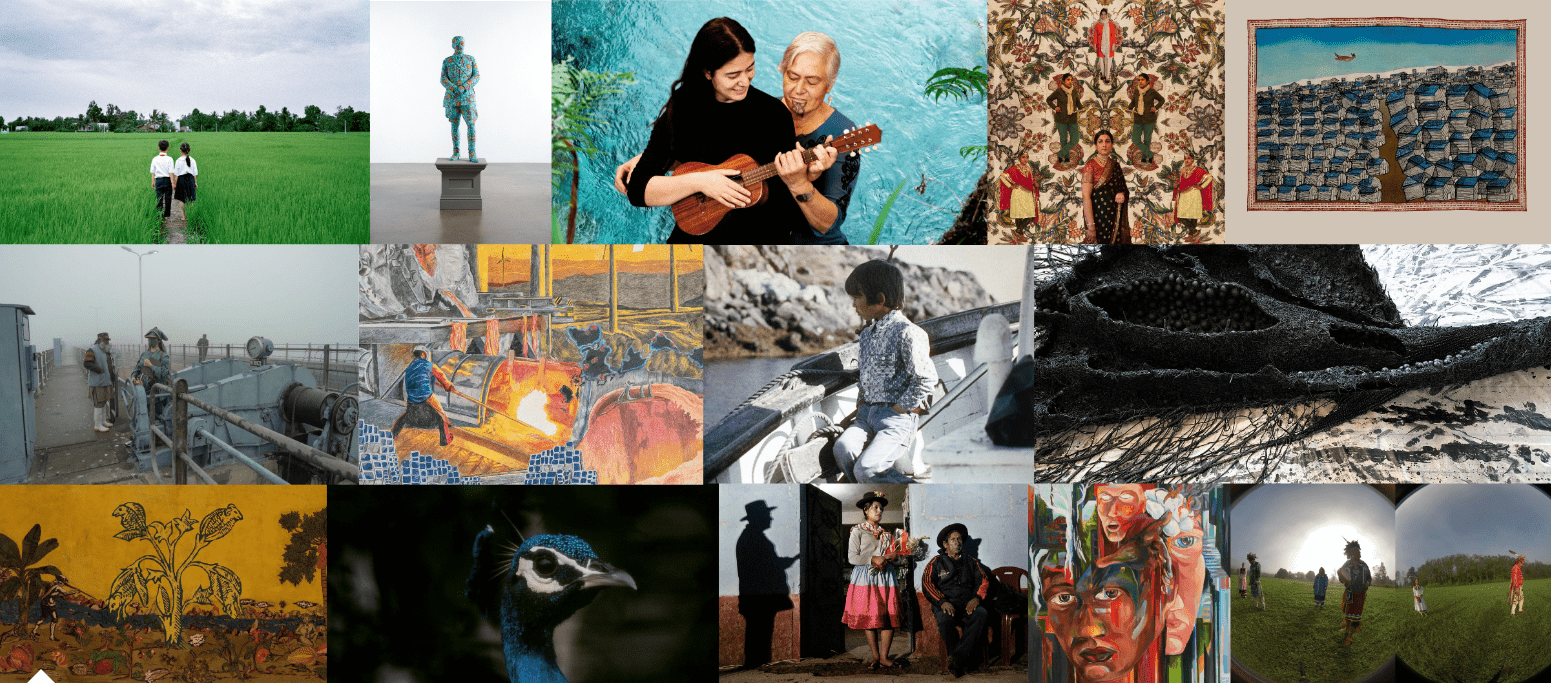 From left to right, top to bottom: Pipo Nguyen-Duy, Yinka Shonibare, Kahurangiariki Smith, Nusra Latif Qureshi, Archana Hande, Pak Khawateen Painting Club, Carolina Caycedo, Inuuteq Storch, Pushpakanthan Pakkiyarajah, Lavanya Mani, Amar Kanwar, Angela Ponce, Semsar Siahaan and Tahila Mintz. Courtesy of the artists and the Sharjah Art Foundation.
From left to right, top to bottom: Pipo Nguyen-Duy, Yinka Shonibare, Kahurangiariki Smith, Nusra Latif Qureshi, Archana Hande, Pak Khawateen Painting Club, Carolina Caycedo, Inuuteq Storch, Pushpakanthan Pakkiyarajah, Lavanya Mani, Amar Kanwar, Angela Ponce, Semsar Siahaan and Tahila Mintz. Courtesy of the artists and the Sharjah Art Foundation.The works of three Korean artists, Ayoung Kim, Hyesoo Park, and Wook-kyung Choi, will be displayed at Sharjah Biennial 15: Thinking Historically in the Present, which will be held from February 7 to June 11, 2023.
The Biennial, curated by Hoor Al Qasimi, director of the Sharjah Art Foundation, brings together over 150 artists and collectives with more than 300 artworks, including seventy newly commissioned works, as well as diverse performance, music, and film programs at nineteen venues in five cities in Sharjah.
The Biennial will reflect the visionary work of the late Okwui Enwezor (1963–2019), a Nigerian curator whose works have played a significant role in art history, decentering the West by demonstrating that artists from Africa, Asia, and Latin America contribute equally to the global art world.
Al Qasimi, who was profoundly influenced by Okwui’s Documenta 11 in 2002, re-envisions Okwui’s idea of “thinking historically in the present” as the conceptual framework for the Biennial. The exhibition will “honor and elaborate on while also reflecting on the Foundation’s own past, present, and future as the Biennial marks its 30-year anniversary” and “reflect on the Biennial’s themes and the artists’ wide-ranging perspectives on nationhood, tradition, race, gender, body, and imagination,” said Al Qasimi.
In anticipation of the Biennial’s opening on February 7, we will examine the works of three Korean female artists, Ayoung Kim, Hyesoo Park, and Wook-kyung Choi, to get a glimpse of how the upcoming exhibition will introduce new perspectives.
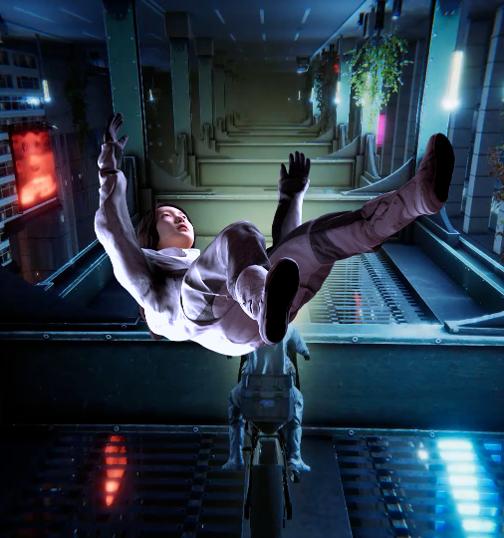 Ayoung Kim, 'Delivery Dancer's Sphere,' 2022, Single channel video, LED panel video 2, Approx. 24 min. Courtesy of the artist and Gallery Hyundai.
Ayoung Kim, 'Delivery Dancer's Sphere,' 2022, Single channel video, LED panel video 2, Approx. 24 min. Courtesy of the artist and Gallery Hyundai.Ayoung Kim (b. 1979) creates works that span a wide range of genres, including video, sound, performance, installation, virtual reality, fiction, and texts.
Kim conducts extensive research on modern and contemporary history as well as particular events, not to reaffirm the facts but to reconstruct complex but intriguing narratives through speculative storytelling, worldbuilding, and mythmaking. In these narratives, Kim’s artworks address topics such as geopolitical issues, transnational migration, and modern and contemporary history. Her works spark the imagination to encounter the hidden “truths” that are overlooked and erased in today’s world and offer an alternative perspective on life where nature, objects, and non-beings coexist.
Ayoung Kim has presented exhibitions and projects at major Korean and international institutions, including the Ilmin Museum of Art (Seoul, 2018), Palais de Tokyo (Paris, 2016), Culture Station Seoul 284 (Seoul, 2014), and Künstlerhaus Bethanien (Berlin, 2012). Recent group exhibitions in which Kim participated include those at the Ulsan Art Museum (Ulsan, 2022), Leeum Museum of Art (Seoul, 2021), G Museum of Art X Kadist (Nanjing, 2021), Aargauer Kunsthaus (Aarau, 2021), and the Museum of Contemporary Art Busan (Busan, 2021).
Kim’s video work, Delivery Dancer’s Sphere (2022), is included in the 52nd IFFR Rotterdam International Film Festival (January 25–February 5, 2023, Rotterdam, Netherlands), one of the top ten film festivals in the world, as part of the Ammodo Tiger Short Competition.
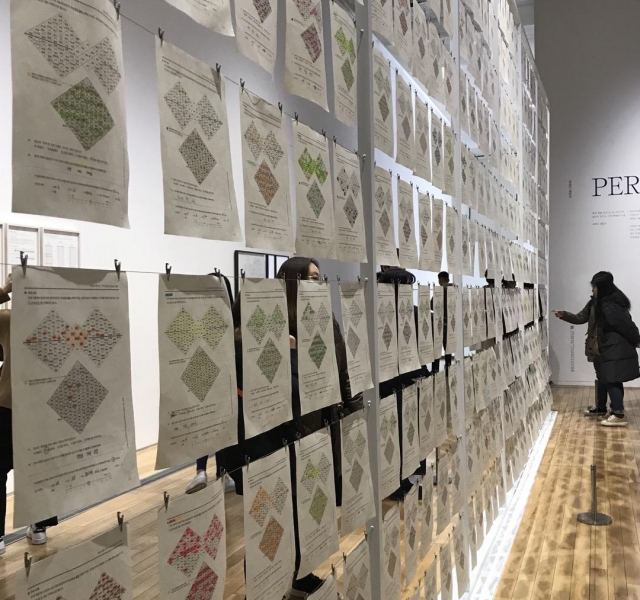 Hyesoo Park, ‘Who Are We’ , 2019, Survey papers (the answers of 300 middle-class survey participants), Dimension variable. Photo by Aproject Company.
Hyesoo Park, ‘Who Are We’ , 2019, Survey papers (the answers of 300 middle-class survey participants), Dimension variable. Photo by Aproject Company.Through heavy research, data collection, and sometimes collaboration with experts from different areas, Hyesoo Park (b. 1974) brings her own artistic method of analyzing the lives of today’s ordinary people who struggle to maintain a normal life in a fiercely competitive society and reveals the psychological problems resulting from such an environment. Park’s works sometimes resemble various research projects accompanied by numerous interviews with professionals, feedback collection from viewers, and participant surveys. By visualizing collective memories and diverse life values, Park’s projects aim to raise questions about universal values, revealing the unconscious ideas underlying our society.
Hyesoo Park has had solo exhibitions at numerous institutions, including the Art Centre Art Moment (Seoul, 2022), Kyobo Art Space (Seoul, 2020), This Weekend Room (Seoul, 2017), SongEun Art Space (Seoul, 2016), and Posco Museum (Seoul, 2011). Park’s works have been featured in group exhibitions at the National Museum of Modern and Contemporary Art (MMCA, Seoul, 2022), Seoul Museum of Art (Seoul, 2022), Busan Museum of Art (Busan, 2021), Ilmin Museum of Art (Seoul, 2021), Nam June Paik Art Center (Yongin, 2020), Nyt Viborg Museum (Viborg, 2019), and Museum of Contemporary Art Busan (Busan, 2019).
In 2019, Park was one of the finalists for the Korea Artist Prize from the MMCA, and in 2014, she was the winner of the 13th SONGEUN Art Award. Her works are included in the collections of prominent institutions, including the MMCA, Seoul Museum of Art, Museum of Contemporary Art Busan, SongEun Art and Cultural Foundation, Kumho Museum of Art, and others.
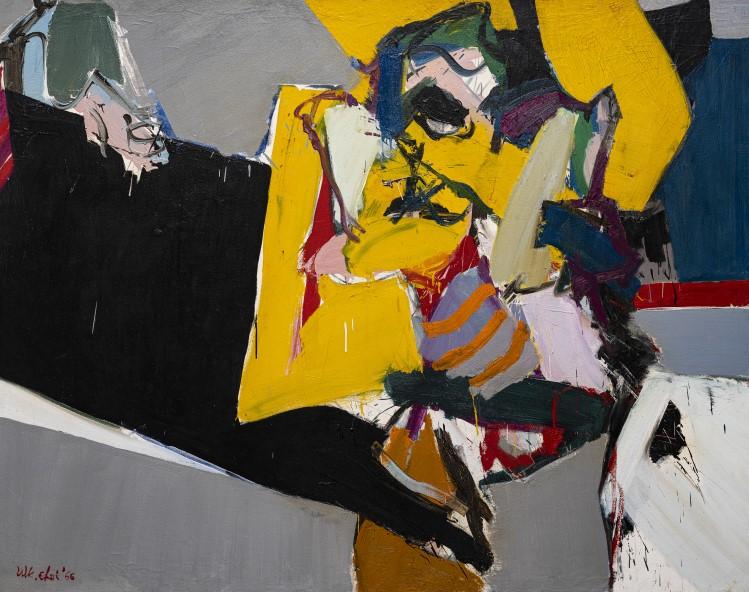 Wook-kyung Choi, 'La Femme Fâché,' 1966, Oil on Canvas, 137x174cm, Leeum Museum of Art Collection.
Wook-kyung Choi, 'La Femme Fâché,' 1966, Oil on Canvas, 137x174cm, Leeum Museum of Art Collection.Wook-kyung Choi (1940–1985) was an artist who created abstract paintings with bold and intense colors and free-spirited strokes that responded to both the languages of the international and Korean art worlds. She was greatly influenced by American Abstract Expressionism during her 15 years in the United States and later incorporated visual elements from Korean culture into her works, such as the five cardinal colors, calligraphy, ink painting, and Korean landscapes, combining Eastern and Western techniques and concepts. She was an artist who endlessly experimented with color and its form, introducing a new trend to the by-then male-dominated Korean modernism and postmodernism.
Choi held solo exhibitions at the Shinsegae Gallery (Seoul, 1971), the Roswell Art Museum and Art Center (New Mexico, 1977), the National Museum of Modern and Contemporary Art (Gwacheon, 1987), and the Ho-Am Art Museum (Seoul, 1989). She also participated in important group exhibitions, including the Annual Invitational Exhibition in New York sponsored by the Skowhegan School Foundation (1967–1968), the Invitational Exhibition of Korean Contemporary Artists in Tokyo (1972), the 16th São Paulo Biennale (1981), and Korean Drawings Now at the Brooklyn Museum (1982–1985).
The Sharjah Biennial, which was launched in 1993 and recently celebrated its 30th anniversary, is presented by the Sharjah Art Foundation (SAF), which is an institution that advocates and catalyzes contemporary art within the Emirate of Sharjah and the surrounding region in dialogue with the international arts community. The full list of the participating artists can be found on the Sharjah Art Foundation’s website.

